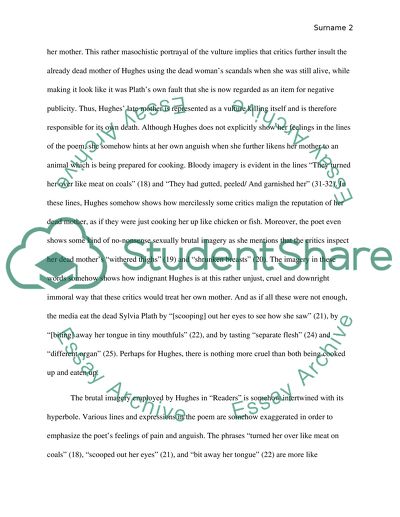Cite this document
(“The Poetry of Frieda Hughes Essay Example | Topics and Well Written Essays - 1750 words”, n.d.)
Retrieved from https://studentshare.org/literature/1430347-an-introduction-to-a-poet
Retrieved from https://studentshare.org/literature/1430347-an-introduction-to-a-poet
(The Poetry of Frieda Hughes Essay Example | Topics and Well Written Essays - 1750 Words)
https://studentshare.org/literature/1430347-an-introduction-to-a-poet.
https://studentshare.org/literature/1430347-an-introduction-to-a-poet.
“The Poetry of Frieda Hughes Essay Example | Topics and Well Written Essays - 1750 Words”, n.d. https://studentshare.org/literature/1430347-an-introduction-to-a-poet.


